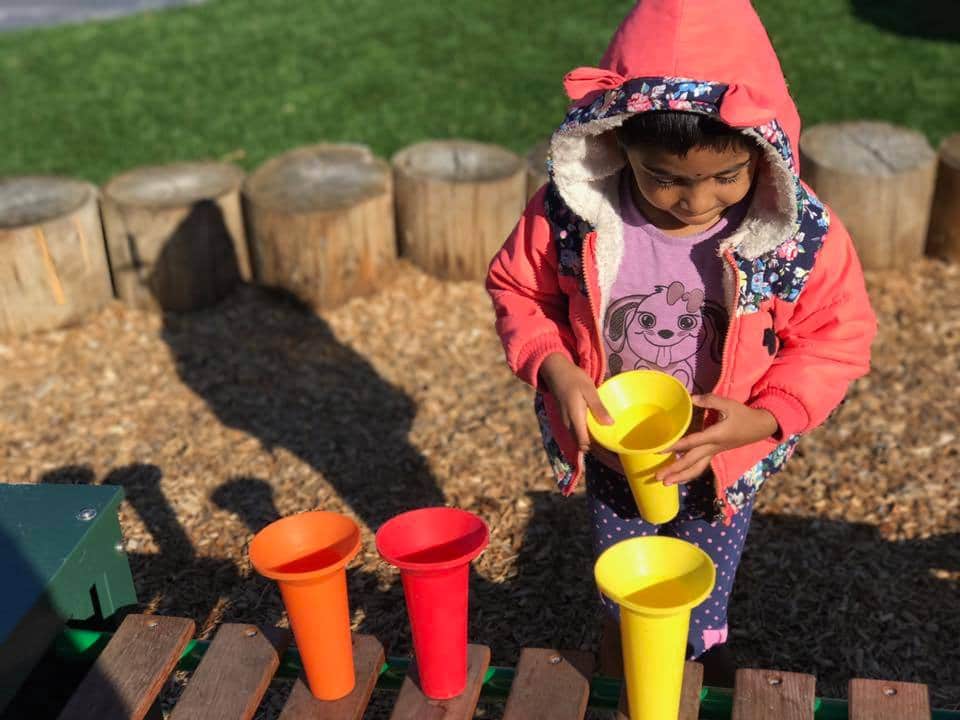
At One Early Education Group, we pride ourselves on providing the highest quality nutrition for your little ones. Our long day care centre serves meals such as Baby Meatballs, Quinoa and Minted Peas as well as Pumpkin and Bean Casserole with Cauliflower Rice. This helps children learn to love a range of nutrient rich food.
Our Cranbourne day care facility is currently serving tahini balls, coconut macaroons and chia pudding for afternoon snacks. One Early learning Centres understands that many parents struggle to get their children to eat meals at home. Below is a list of Do’s and Don’ts for improving children’s eating habits at home.
Do’s
- Help kids to learn to love their vegies by presenting vegetables in different ways, perhaps mixed in with other foods they already enjoy.
- Do allow your child to decide if they’re hungry or full. At One Early Learning Centres we know that healthy children may eat a lot one day and not much at all the next.
- Provide your children with a wide variety of healthy and nutritious foods to choose from. Food preferences are developed early in life.
- Water and milk are the healthiest drinks for children to at our child care centres and at home.
- Do find other ways of showing love other then by serving desert or treats. Offering your child attention, hugs, praise and other forms of love avoids children turning to food in times of stress.
- Make meal times fun, and involve your child in the preparation of meals whenever possible.
- Eat meals as a family as often as possible. This helps strengthen the family connection, and has been linked to higher self-esteem.
- Do allow treats sometimes. Having a treat once in a while is part of a balanced diet. As long as these treats are served alongside a majority of healthy meals and regular physical activity.
Dont’s
- Don’t use food as a reward or punishment for a child’s behaviour. A child may try to increase the amount of treat food they consume in order to feel ‘good’ if that food has been used as a reward for good behaviour.
- Don’t deprive children from certain foods. This can also make them anxious that there will not be enough, thus causing them to overeat when the food is available.
- Don’t give up on serving vegetables if your child refuses to eat them once or twice, studies show a child may need to be exposed to certain foods up to nine times before accepting it into their diet.
- Don’t make them finish everything on their plate. Forcing a child to finish everything on their plate stops them listening to their natural instincts of when to stop eating.
- Don’t buy junk food to be kept in the house on a regular basis. While it is okay to have treats every once in a while, cutting back on junk food allows children to choose from a healthier food when they want a snack.
- Don’t overwhelm children with a massive portion of food. Serve them a child size plate of food. Being overwhelmed by the task of eating may put some children off their food altogether.
Last week, One Early Learning Centres Cranbourne facility launched their Late Autumn seasonal menu. Designed with a high vegetable content, by well regarded nutritionist Caroline Scott. We promote top nutrition and healthy eating habits for all children and their families in the local community.
